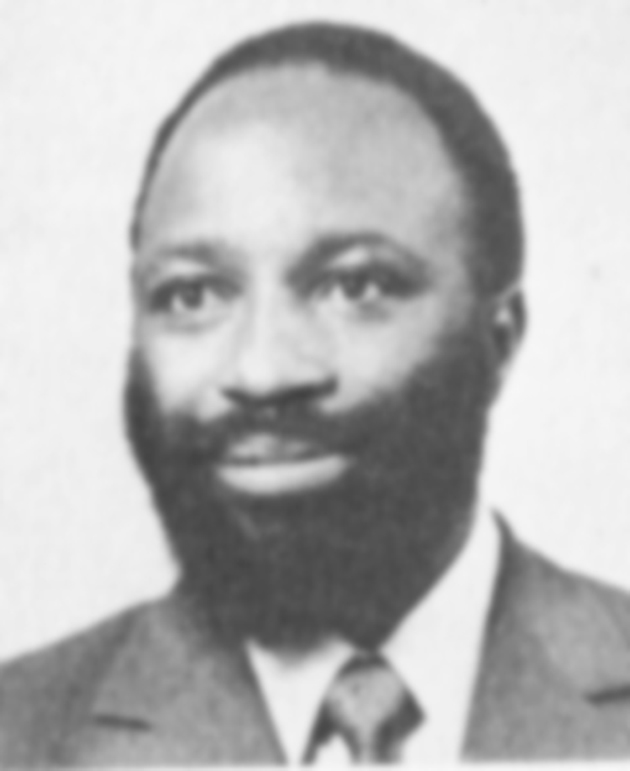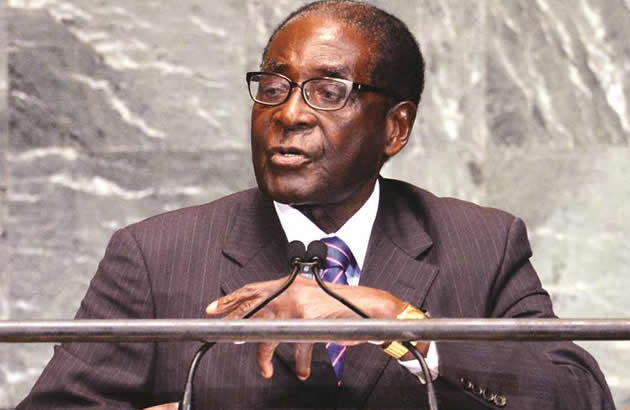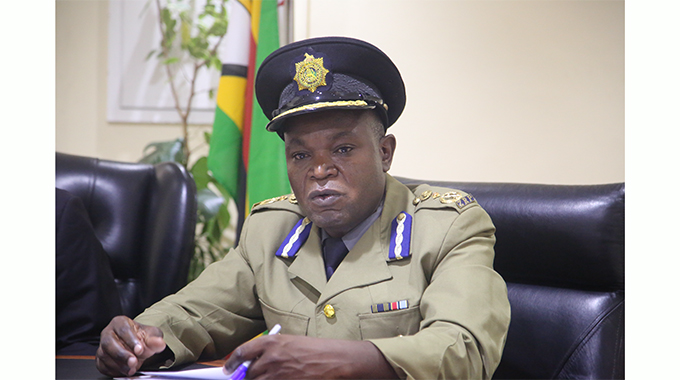Unisa honours Edison Sithole

Sifelani Tsiko Senior Writer
The University of South Africa (Unisa) last week honoured late nationalist and hero Dr Edison Furatidzayi Chisingaitwi Sithole for being the first black person in the entire southern and central African region to obtain a Doctor of Laws (LLD) degree from the institution of higher learning in 1974.
He was 39 years of age when he obtained his doctorate.
Dr Sithole was honoured together with Professor Digby Sqhelo Koyana, a South African and second black LLD graduate from Unisa in 1989 at the campus, on Thursday last week.
He was the first black person in the then Rhodesia to hold such a qualification — whites included — and one of the founding fathers of the liberation struggle against white minority rule.
“Sithole became the first black LLD graduate from Unisa in 1974, making him the only person in the then Rhodesia (now Zimbabwe), regardless of race, with such a qualification and the first black LLD in southern and central Africa,” read part of the Unisa statement.
“Sithole is perhaps best remembered as one of the founding fathers and martyrs of the Zimbabwean national liberation struggle.”
Nontyatyambo Dastille, a Unisa official, said the celebrations to honour the two black legal pioneers were meant to celebrate “black excellence, reflect on how far we have come and where we are going.”
“What links them is the fact that they were Unisa’s first black Doctor of Laws (LLD) graduates, an achievement made even more remarkable in that it occurred during the dark days of the seventies and eighties,” the university said in a statement.
Unisa council chairman Dr Matthews Phosa presented Edison Sithole Junior, son of the veteran nationalist, with the two-volume bound copies of his father’s LLD thesis.
The thesis was titled: “A Comparative Study of the Republican Constitutions of Zambia and Malawi.”
“It was very humbling for my father to be honoured by such an esteemed institution of higher learning,” Edson told The Herald in an interview.
“I felt a deep sense of contentment that for once my great father Dr Edison Sithole’s legacy would not be reduced to that Zimbabwean fire brand nationalist who suddenly vanished from the streets of colonial Salisbury.
“His place in history as a leading academic has been befittingly restored notwithstanding that it is 40 years since his abduction by the racist Smith regime.”
The opening line of the preface to Dr Sithole’s thesis reads: “This study was carried out under the most difficult conditions. Both the research and the writing were done while I was undergoing political detention in Salisbury Central Prison. All the information I wanted had to be sent or brought to prison because I was not allowed to go out of prison walls for research.”
Father Emmanuel Ribeiro, a Roman Catholic Priest who detested colonial rule in Rhodesia, was the prison invigilator and facilitator.
The Catholic cleric and writer was harassed and victimised by Rhodesian agents for supporting President Mugabe and guerrillas fighting to dislodge British colonial rule.
Dr Sithole was abducted together with his secretary Miriam Mhlanga by Rhodesian state security agents on October 15 1975, and both were never found. He was eventually declared dead when Zimbabwe gained its independence in 1980.
A cenotaph monument was installed at the National Heroes Acre in his memory in 1999.
Dr Sithole was born on June 5 1935 and was part of the early crop of African nationalists who spearheaded Zimbabwe’s struggle for independence.










Comments